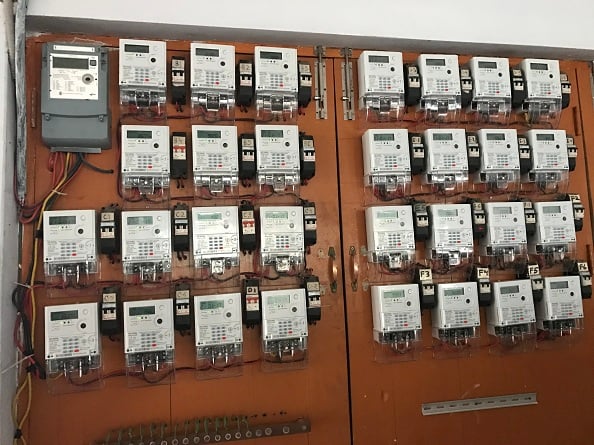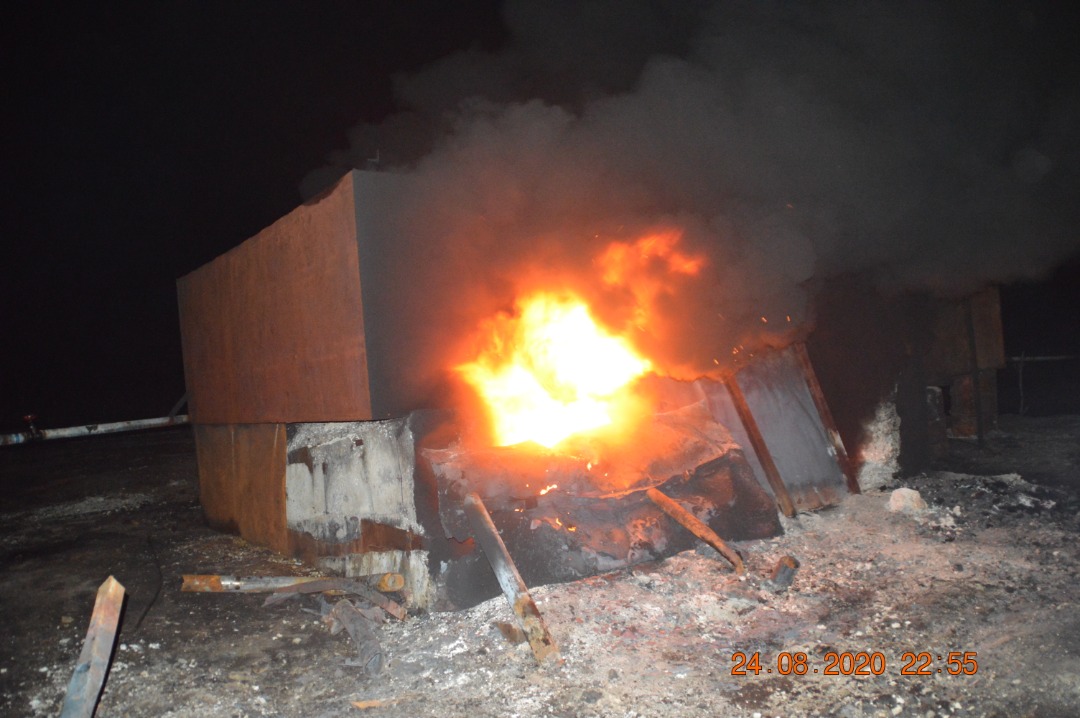Speaking during a television programme in 2018, James Momoh, former chairman of the Nigerian Electricity Regulatory Commission (NERC), said every Nigerian home will have a prepaid meter by 2020. He asked customers to be patient as meters would be delivered to them.
“With all the mechanisms we have put in place, I am certain that every Nigerian home that wishes to have prepaid meter can have it by 2020. We want to ensure that the customers have the power supply that is affordable, accessible to them and available at all times,” Momoh said.
But what is the reality at present? In the last published quarterly report of the sector by NERC, the regulator said only 4.2 million electricity customers across the country have been metered as of March, while many others are on estimated billing.
“The huge metering gap for end-use customers remains a key challenge in the industry. The records of the Commission indicate that of the 10,477,856 registered electricity customers as at the end of the first quarter of 2020, only 4,231,940 (40.39%) have been metered. Thus, 59.61% of the registered electricity customers are still on estimated billing which has contributed to customer apathy towards payment of electricity bills,” it said.
Advertisement
In the commission’s key operational and financial data released in February, NERC said 4,425,628 million customers have been metered as of September 2020, and that registered customers have increased to 11,841,819 million. In other words, only 193,688 prepaid meters were added in six months while the number of customers on estimated billing increased by over one million, widening the metering gap. The percentage of metered customers nosedived from 40.39% to 37.37 % in just six months. This shows no progress in metering by the electricity distribution companies (DisCos). It also indicates that despite the increasing number of registered customers, there is no corresponding effort in metering.
MANY POLICIES, YET FEWER PREPAID METERS
One of the major challenges troubling the Nigerian Electricity Supply Industry (NESI) is metering. Despite several policies put in place by the government — from the National Prepaid Metering Programme (NPPMP) to the Credited Advance Payment for Metering Initiative (CAPMI) — most Nigerians have been condemned to estimated billing, which is believed to be a means by the DisCos to rip off customers.
Advertisement
Some customers have complained over time that the DisCos are foot-dragging on providing prepaid meters so as to continually fleece them through crazy bills that do not reflect what they consume.
On April 3, 2018, NERC introduced the meter asset provider (MAP) regulation to new investors to fast-track the rollout of meters through the engagement of third-party investors. The DisCos were expected to engage the services of the MAPs within 120 days from the effective date to achieve a three-year metering target prescribed by NERC.
Despite the late start over lack of cooperation by DisCos as regards engaging licensed firms, the meter asset firms were issued permits to begin the rollout of new meters by May 1, 2019. To boost the new policy, the federal government provided a N37 billion grant for the supply of the meters.
President Muhammadu Buhari also gave an order for nationwide metering of electricity consumers in a bid to check estimated billings.
Advertisement
Again, in October 2020, the federal government flagged off the National Mass Metering Programme (NMMP) to close the metering gap in the NESI by December 2021. Speaking a week after the launch of the programme, Sale Mamman, minister of power, said there would be installation of at least one million meters for electricity consumers through the mass metering programme by December 2020.
However, customers are still lamenting the non-availability of meters. Some of those who have paid for prepaid meters for months, and some years back, are complaining that the product is not being supplied by the DisCos.
CUSTOMERS GROAN
For Mary Aje, a retired permanent secretary in Kwara state, it has been five years since she paid N24,850 into the account of the Ibadan Electricity Distribution Company (IBEDC), but she has not been given a prepaid meter despite several visits and letters to the company.
Advertisement
“They kept promising every time that they will bring it, but they didn’t. Now we are tired and have left the whole thing for them. When I told the officials in Ilorin that I will report them at their office in Ibadan, they started abusing me. They said I can go to any length. We’ve given up on the matter since then,” Aje told TheCable on phone.
In a Twitter post on Wednesday, Peace Akpaba said he paid Abuja DisCo for prepaid meters last September but has not received any response from the company.
Advertisement
“I paid for prepaid meter since 16th September I have not gotten any response from Abuja DisCo. I uploaded online as directed and also submitted the hard copy at the nearest office but still no response. You asked me to forward the details for you in ur dm 3 weeks now. Kindly resend my money or send my meter,” he wrote.
I paid for prepaid meter since 16th September upto I have not gotten any response from @aedcelectricity.
AdvertisementI uploaded online as directed and also submitted the hard copy at the nearest office but still no response.
You asked me to forward the details for you in ur dm 3 weeks now.— Kpaba | Nasarawa TechBro (@peacekpaba) February 10, 2021
Advertisement
Dhyke Raychelle said she has contacted Ikeja Electric many times over the prepaid meter she paid for in 2020, but nothing has been done about it.
“I have been patient enough. Since September 2020 when I applied for a prepaid meter, its been past 30 days and no one came to do the so-called survey to process my meter request. Even now I see prepaid meter being distributed in my area, yet I haven’t been contacted as they claimed,” she said.
“Secondly, while processing my meter request, I made payment through map platform and uploaded proof of payment as instructed on your site, but I realize month on month the amount still reflects on my billing.”
@IkejaElectric
I have been patient enough. Since September 2020 when I applied for a prepaid meter, its been past 30 days and no one came to do the so called survey to process my meter request. Even now i see prepaid meter being distributed in my area— Dhyke_raychelle (@dhyke_raychelle) February 6, 2021
Despite the policies and growing customers’ plight on metering, there seems to be no progress made in this regard as Nigerians continue to groan under the weight of crazy billing just to have electricity.
Add a comment







